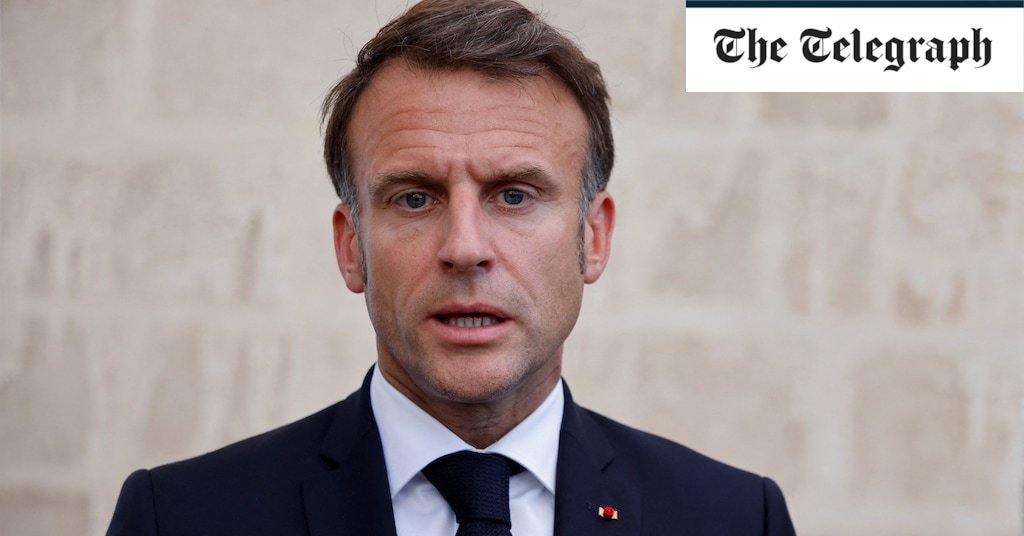The National Rally that looks set to form the next government might be described as “far Right” but such claims are incompatible with its economic programme.
It has pledged to lower the retirement age again (taking it dramatically below European averages), erect barriers to imports that will amount to a tax on French consumers, and hand out subsidies with a lavish abandon.
In the past, it has flirted with leaving the euro, a move that might benefit the economy in the long-term, but would be catastrophic for investors. Many analysts, plus the finance minister, are warning of a “Liz Truss moment”, referring to the crisis in the bond markets that ultimately led to her departure from Downing Street in 2022. But it could be a lot worse than that.
While Truss was quickly replaced, a freshly elected RN government may not be so easy to remove. How would they respond to a crash? Perhaps with capital controls, even if they are banned within the eurozone.
Perhaps with a draconian clampdown on speculators, or with demands that the European Central Bank step into the market with a massive programme of bond buying – even at the risk of sparking a fresh round of inflation.
One point is certain, however. There are no good outcomes. For far too long, France has been living more wildly beyond its means than Britain and many other European countries, building up massive debts to subsidise an economy where the state is too big, and welfare too generous.
The crunch point now looks as if it will arrive very soon. President Macron is igniting a fresh eurozone debt crisis, one that will rival – perhaps even surpass – the Greek chaos of 2011 and 2012.
As PM Sir Keir Starmer and his chancellor Rachel Reeves will have to deal with the fall-out from a financial crisis on the other side of the Channel. Does anyone believe they are up to the job?





